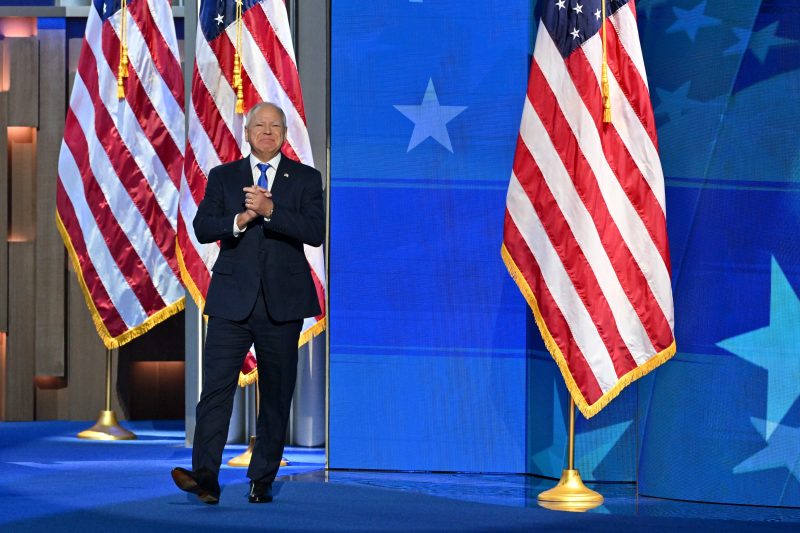In the realm of global politics, China’s rising power has become a focal point for discussion and debate among countries worldwide. As the Asian powerhouse continues to expand its influence on the international stage, political candidates in various nations are increasingly leveraging China’s growth and capabilities as an attack line in their campaigns.
One of the primary reasons behind the growing emphasis on China’s power in political discourse is the country’s remarkable economic ascent over the past few decades. With the world’s second-largest economy and a vast market that holds immense potential for trade and investment, China has become a force to be reckoned with in the global arena. As a result, political candidates often use China’s economic prowess as a point of contention, particularly when discussing issues related to trade policies and economic competition.
Furthermore, China’s expanding military capabilities and assertive foreign policy have also captured the attention of political candidates seeking to portray themselves as strong on national security issues. The country’s modernization of its armed forces, increasing defense budget, and assertive posture in territorial disputes have raised concerns among policymakers in various countries. Consequently, candidates frequently highlight China’s military ambitions and regional assertiveness as a potential threat that needs to be addressed with vigilance and strategic planning.
In addition to economic and security concerns, China’s growing influence in global governance institutions has also become a subject of political debate. As the country increases its participation and leadership roles in international organizations such as the United Nations and the World Trade Organization, candidates often question the implications of China’s enhanced presence on the rules-based international order. Some critics argue that China’s rise could potentially undermine democratic values, human rights standards, and free-market principles that have long been upheld by Western nations.
Moreover, China’s expanding soft power through initiatives like the Belt and Road Initiative and cultural diplomacy efforts has also drawn attention from political candidates who want to highlight the country’s influence campaigns and strategic messaging. By promoting Chinese language and culture, funding infrastructure projects in developing countries, and engaging in public diplomacy activities, China aims to enhance its global image and strengthen its ties with other nations. However, critics caution against the potential risks of China’s soft power initiatives, such as debt-trap diplomacy, erosion of local cultures, and ideological influence.
Overall, as China’s power continues to grow across various dimensions, political candidates around the world are increasingly using it as an attack line to shape public opinion, differentiate themselves from opponents, and advance their policy agendas. Whether focusing on economic strength, military capabilities, global governance influence, or soft power initiatives, China’s rise remains a prominent feature of contemporary political discourse that is likely to shape international relations in the years to come.






















